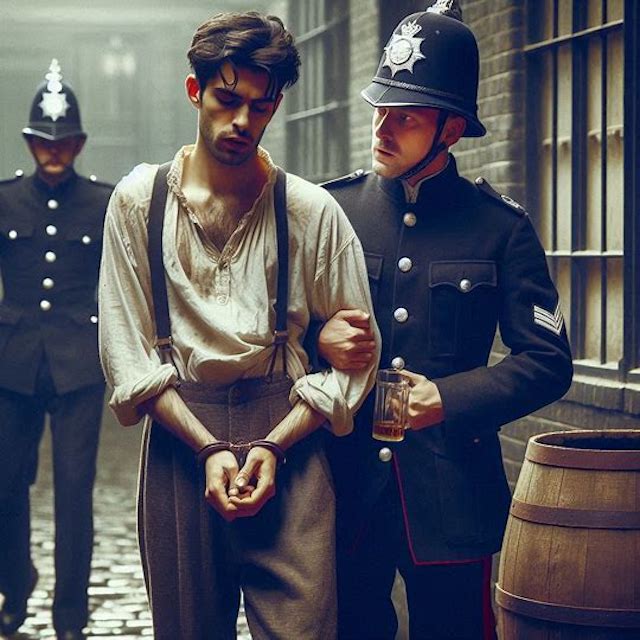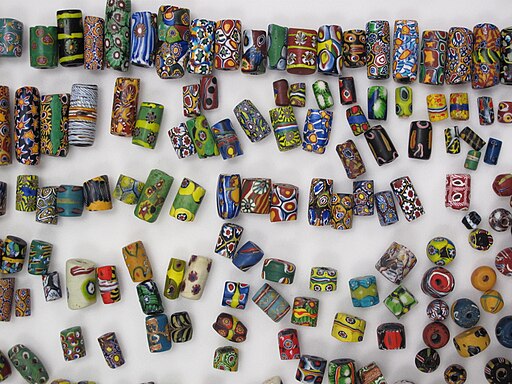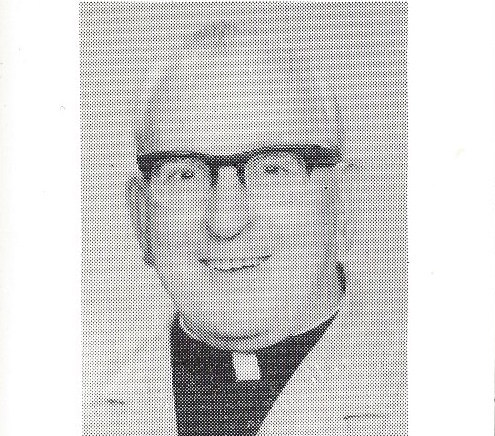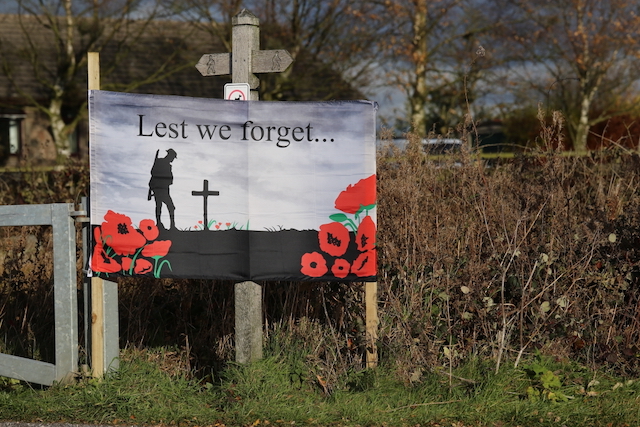![]()

I came across Alfred David Bradbury (1857-1892) my first cousin five times removed while searching for more details about the family of my 3x great grandmother Elizabeth Davies (nee Bradbury). She had been difficult to find in census records until after her marriage to James Davies in 1855, and I couldn't find any parish record of her birth or baptism. The trail back to her mother, Hannah Bradbury, weaved via her nephew, niece and half sister, on the way uncovering a potential aunt, Elizabeth Lawton (nee Bradbury), and revealing her maternal grandfather to be one William Bradbury, butcher.
If I'd pieced together the puzzle correctly Alfred was great grandma's cousin although much younger than her. He was the second son of whom I believed to be her uncle, John Bradbury (son of William and brother of Hannah) and his wife Elizabeth (Betsy/Bessie) Tansley, with whom she had lived as a child following the death of her mother. I decided to research Alfred's life hoping to find further evidence that this Bradbury family was indeed that of Elizabeth Davies. In that I succeeded as he led me to an 1880 new paper report of a fraud case involving his father John Bradbury's will which named Elizabeth (Bessie) Davies of 24 Grosvenor Street and Elizabeth (Bessie) Lawton as beneficiaries of the will.
Alfred's story revealled a tragic and short life. At this distance in time it might read like a tragicomedy, but I'm not sure anyone at the time would have found it in the slightest way funny despite the role of the orange peel in his demise or the salmon fish in the railway carriage.
Read more: Orange peel, salmon and India - the life and untimely death of a street nuisance

Photo (original): Auckland Museum, CC BY 4.0, via Wikimedia Commons
When their church, the Bretagne Church in Pons, France, was burned down in April 1686 Claude Jamineau, the 9 time great grandfather of the Student, and his brother Daniel fled to England with their pastor Elias Prioleau (Huguenot Society of London vol xviii, 1911). As Huguenots (Calvinist protestants) they had lived under religious restrictions in the Catholic dominated state for years despite the protections offered by the Edict of Nantes. When the Edict was revoked in October 1685 the upsurge in persecution, including violent attacks, finally became too much for them. Like many others they escaped to a safe, supportive country.

It's often claimed that if family historians look hard enough they will find at least one king, pauper and murderer in their family tree. May be the list should also include bigamist.
Early in my family history research, tracing ancestors along the line of my paternal grandmother, I discovered that my great grandmother (pictured) whom the family had always believe to be Mary Onions, was Mary Onions Davies. Her parents were Sarah Ann Perry and Richard Davies. So where did the Onions name come from? Ann Edge and Ralph Perry had married on 19th April 1857. He was described as 21 year old widower, she a 23 year old spinster.

Religion, identity and class, as we all know can be emotive subjects and at the turn of the twentieth century my family appears to have been particularly prone to the problems it can cause. Irish catholic and English protestant wars erupted when one or other of my fairly recent ancestors dared to fall in love with a person of the wrong persuasion. My maternal grandmother told me of weddings boycotted, family members cast out and one - my great uncle Daniel - running away to join the church. Some were reconciled, some not. From the stories I heard I had always believed my great grandmother (my mother's paternal grandmother) was Irish born and bred and so was rather surprised to discover that both her parents had been born in England.

Before my maternal grandmother died she told me about the members of her family she knew and could remember. She related interesting tales of feud and reconciliation, entrenched views of status, class and religion. She rattled through her family tree, even producing a chart she had inherited from her cousin who had died a few years earlier at more than 100 years old. She recalled meeting rich relatives - there were twins involved - uncle someone who was something to do with newspapers - in Leicestershire she thought. Then there were all Wilf's siblings, his mother - her mother in law - had been an Irish catholic so there were a lot of them. She didn't know so much about her father in law, Job, except his family hadn't approved of him marrying the Irish woman - she was catholic and he was methodist and a bit more "up market" than her. He'd had a brother, Daniel, - Wilf's uncle Daniel - but all she knew about him was he'd died in the war, the first world war. She thought his grandmother was a performer of some sort - amateur opera maybe.
My family name is Bradbury; my Dad knew his grandfather, James Marsh Bradbury. It was relatively easy to identify his parents: James Davis Bradbury and Hannah Marsh. The interesting point was that their marriage certificate identified James's father as James Davies. Was this his real father or his step father?
James Davies married Elizabeth Bradbury in Northwood, Hanley, Staffordshire on 5th August 1855. The 1861 and 1871 censuses show the younger James, known then as Davies, living with his parents, James and Elizabeth. Ages and occupations are strong indicators that this is the family of James Davis Bradbury and their address, which remained the same through to at least 1901 (census records), is where my grandfather William Marsh Bradbury was born in 1904.
Page 1 of 2